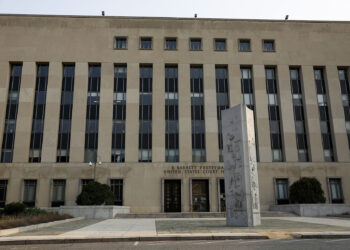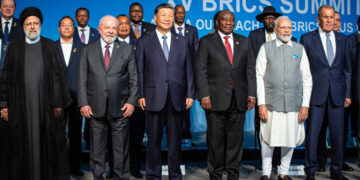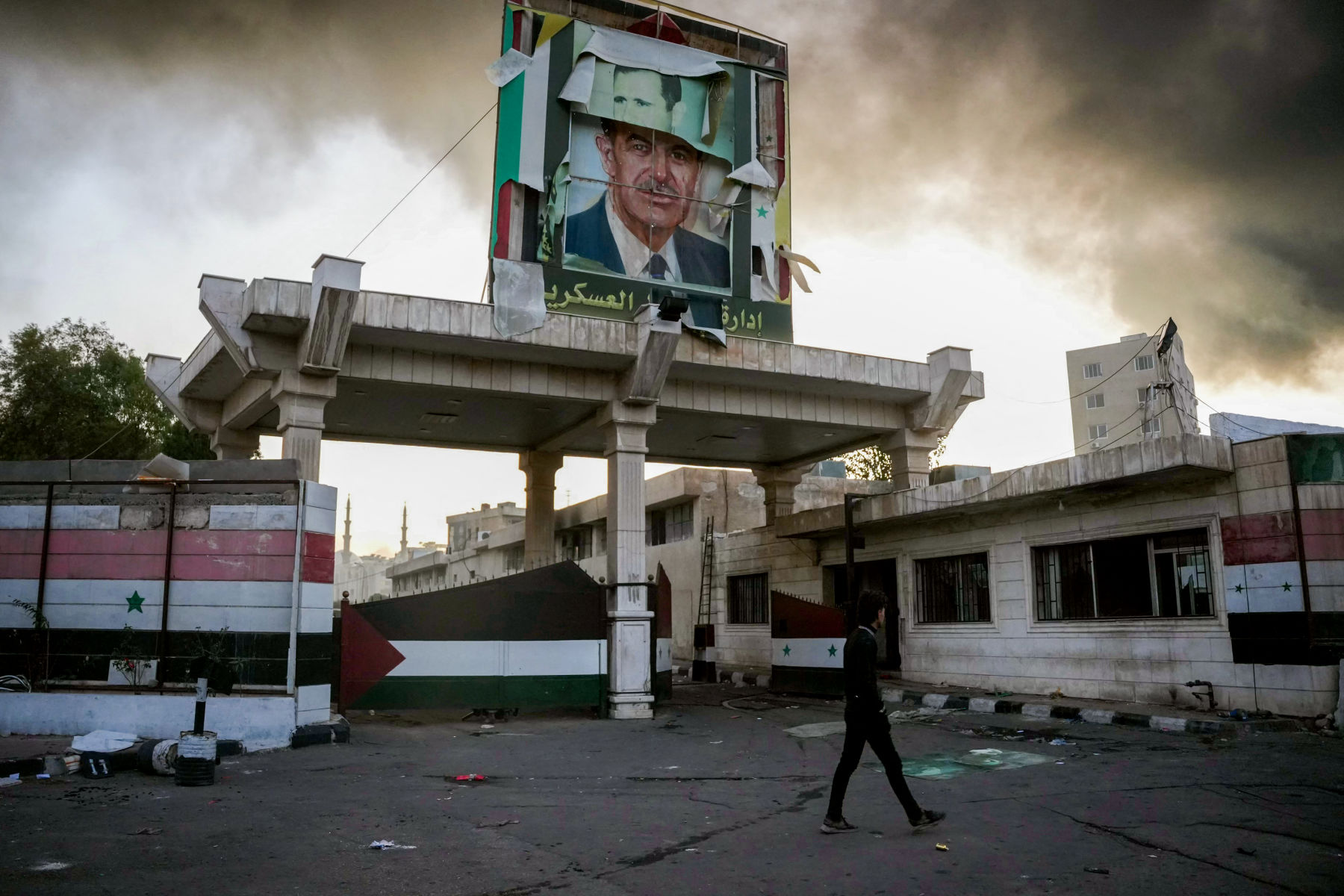Saudi police official Nabeel al-Souygh arrested two prominent women's rights activists for disobeying the kingdom's prohibition on women driving – three years before Saudi Arabia's absolute monarchy canceled the ban.
As Chief of Police of Al Udeid Governorate, al-Souygh issued an order on December 1, 2014, to detain women's rights activists Maysaa al-Amoudi and Loujain Alhathloul as they separately crossed the Saudi border from the UAE through the Batha crossing point.
Al-Souygh sent a letter to subordinates demanding their arrest not just for the "crime" of driving but also for their peaceful activism on behalf of women's rights. According to the police report, at the crossing point, Alhathloul and al-Amoudi "closed the car entry lane using their cars with the aim of influencing and affecting public opinion, and posted this incident on social media." The Saudi authorities detained Alhathloul in a facility designed for "delinquent" women and detained al-Amoudi in al-Ahsa Prison, each for 73 days.
"Their only crime was daring to drive in a system that treats women as inferior," said Abdullah Alaoudh, Gulf Director at DAWN. "Al-Souygh is part of the security apparatus that punishes women for speaking out, even as the Saudi government claims to empower women."
Nabeel al-Souygh was promoted to Brigadier-General on March 22, 2014. In mid August 2015, he became the Chief of Police of al-Jubeel Governorate.
See the case: Loujain Alhathloul
DAWN requested a response from Nabeel al-Souygh, Chief of Police of Al Udeid, by writing to the Saudi authorities on December 9, 2020, but no response was received by the time of publication.
***
Tweet the Saudi Ministry of Interior here and the Saudi Embassy in Washington DC here. Tell them to stop treating women as second class citizens in Saudi Arabia.
About DAWN's culprit gallery:
Tyrants need enablers who will implement their oppressive practices, even if it means abusing their fellow citizens. These agents often mask their complicity in the guise of professionals exercising their duties in offices, courtrooms, police stations, and interrogation rooms.
DAWN seeks to disclose the identity of the state agents who enable repression and, to make them recognizable at home and abroad. These individuals, whom DAWN calls "culprits," bear administrative, civil, moral, legal, and/or political responsibility for human rights and international humanitarian law violations.
Watch the video on Nabeel al-Souygh here:





































